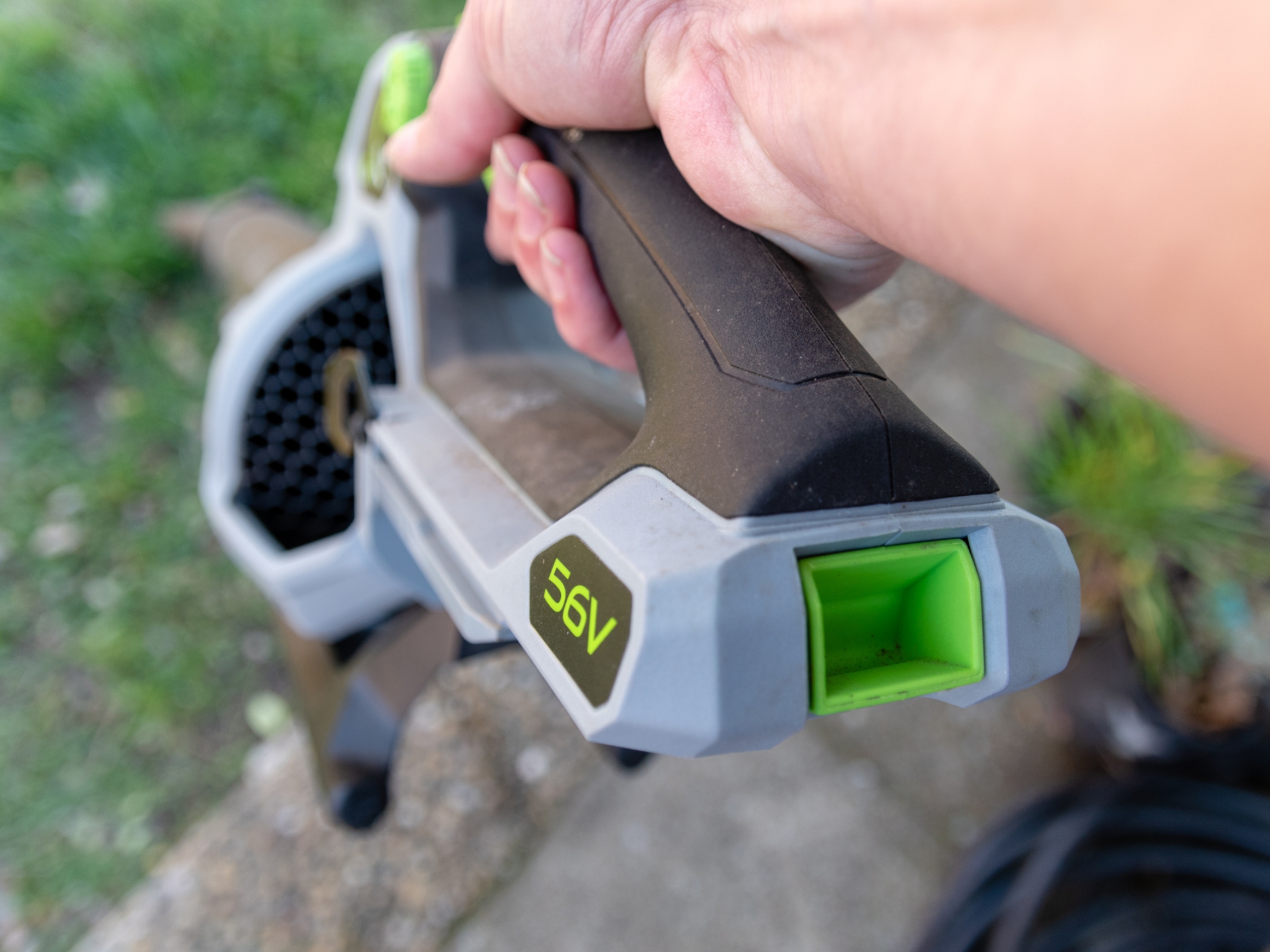6 Pros and Cons of Cordless Leaf Blowers

Tired of tiring out your arms raking or messing with that messy old gas leaf blower? Maybe getting stuck at the end of a corded leaf blower isn't your idea of fun either. If you're looking for a more versatile option to help you enjoy yard work again, consider a cordless electric leaf blower. Here are the potential benefits and disadvantages of going cordless.
Pros:
1. More mobility
One of the most frustrating things about corded leaf blowers is the cable. Cordless models take away the need to continuously check how much length you have left, giving you complete freedom of movement.
2. Lightweight
Lugging a heavy leaf blower through a vast garden can be a pain. Luckily, cordless leaf blowers are lightweight and easy to carry. Some cordless models even weigh less than 5 pounds.
3. Inexpensive
Cordless leaf blowers are often less expensive than their corded counterparts. Models with more features are a little more expensive, but there are great budget options available, too.
4. Multiple power options
You can choose between battery- and gas-powered models when you go cordless. However, battery-powered leaf blowers are less noisy, more environmentally friendly and require less maintenance.
Cons:
1. Shorter run time
Battery-powered cordless leaf blowers have limited operating time, making them great for smaller, less frequent jobs. If you perform big jobs often, consider a corded model.
2. Less power
If you opt for a battery-powered model, you won't get as much blowing power as you would with a gas engine.
Cordless leaf blowers are a great option for cleaning gutters, blowing away freshly fallen snow and cleaning up leaves and dirt. If you don't mind a little less power and a shorter run time, opt for a battery-powered model over one with a gas engine. Battery-powered cordless leaf blowers produce no harmful emissions, helping you get the job done and protect the environment, too.
Return to newsletter